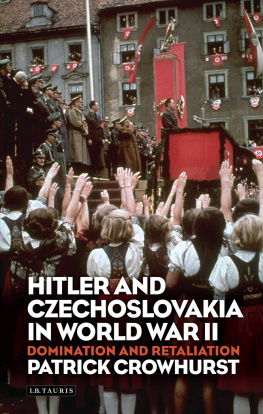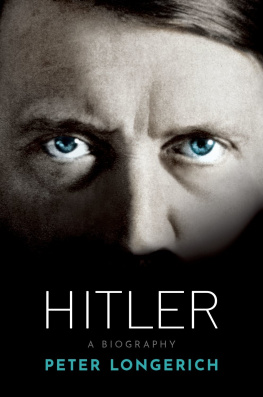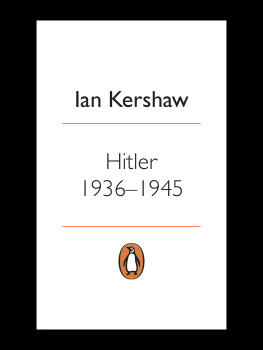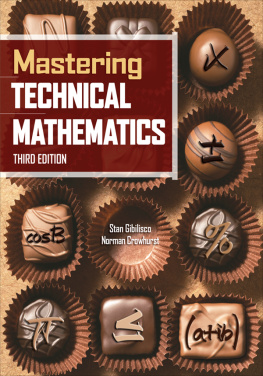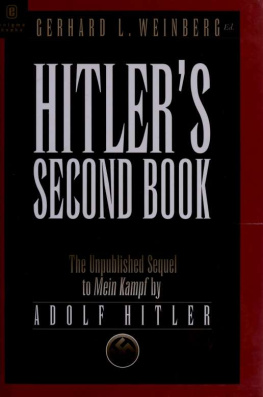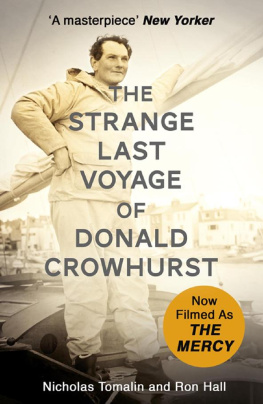It gives me great pleasure to be able to thank the many individuals and institutions who have helped to make this research possible. The support of the British Academy over a number of years has enabled me to visit many record offices in Britain, Germany and the Czech Republic. Without this support the research would not have been possible. Encouragement and help has come from many people and it is impossible to give due credit to them all. However, Phil Cottrell has given great encouragement and shared his extensive knowledge of modern Czech economic history. On at least one occasion he directed me to sources I would not have known about otherwise. Understanding the history and cultural background of German-Czechoslovak relations has been a formidable task for an Englishman. Without the help and encouragement of Miroslav and Libue Chleboun and the many other Czech and Slovak friends, especially colleagues and students at the Obchodn Fakulta of Slezska Univerzit in Karvin in the Czech Republic and the Akademia Vzdelavania in Bratislava, the task would have been impossible. I am grateful to them all. Polish friends, especially Zigmunt Rakowski, have helped me to understand the history of CzechPolish relations in the politically sensitive part of Northern Moravia and the continued (fortunately muted) tensions there. The other area in which individuals have been crucial to this research has been in archives and museums in the three countries. Many people have been very helpful and have gone out of their way to obtain important documents. In Britain I am particularly grateful to Stephen Walton at the Imperial War Museum Archives at Duxford. In the Czech Republic, Dr trbov at the Zemsk archiv in Opava provided invaluable help. I am also grateful to Dr Jii Novotny at the National Bank archives in Prague. Tomasz Hoskins at I.B. Tauris has also given great encouragement. My thanks are finally to my long-suffering wife, Helen, for her understanding and continued support.
Czechoslovakia lost the Sudeten German borderlands to Germany after the Munich Agreement in September 1938. Approximately six months later German troops occupied the remaining part of Bohemia and Moravia and declared it a German protectorate. Czechoslovakia had existed for little more than 20 years. For many Germans, it was a state that should never have been created. In some ways it was the product of unforeseen circumstances rather than a gradual and inevitable political process. Earlier, in the second half of the nineteenth century, there had been a rise in Czech nationalism, which reflected growing Czech financial power as industry developed. The Czechs built a national theatre, created savings banks and other financial institutions, established large cultural and social societies and demanded a greater share in the government of Bohemia, where Czechs were in a majority. But Czech politicians were not united and the Germans were able to deny them any significant increase in political power. During the First World War, contrary to later Czech claims, Czechs generally served loyally as soldiers in the Austrian army. There were no mass desertions and when Czech prisoners in Russia asked to fight against the Austrians, their request was refused. It was only later, when Tom Masaryk visited Russia, that the Czech Legion was formed, but it did not see service in the First World War. However, there were Czechs who fought with distinction in the French and Italian forces and these had helped to raise the political profile of Czechs by the time the war ended.
Emergence of the Czech state
Within the traditional Czech lands of Bohemia and Moravia, Czech politicians demanded autonomy, not independence, during the First World War. It was the decision by US President Wilson to create nation states the right to self-determination that significantly changed the situation, though Britain did not want the Austro-Hungarian Empire to collapse. The Emperor of Austria Franz Joseph offered the Czechs autonomy, but he was too late. The first step towards the creation of a Czech and Slovak republic was taken by Czech politicians independently in Prague. When the fighting was coming to an end in October 1918, the Romanian military garrison in Prague returned home. On the 28th the Prague National Council, consisting of representatives of all political parties, proclaimed itself to be the new government. The following day the Slovak representative, Dr V. robr, was appointed a member of the Council. He was a supporter of Tom Masaryk, a former Professor of Philosophy at the Czech University in Prague, who had become the leader of the Czechs in exile during the war. robr declared in Turansk Sv. Martin that the Slovak nation is both by language and history a part of a united Czechoslovak nation. This laid the basis for a single Czech and Slovak state. The Council elected Masaryk as the first President of the democratic Czechoslovak Republic. He returned to Prague on 21 December 1918. But the new state had to wait for official recognition from the Allies and the boundaries had to be decided at Versailles. There, the Czech and Slovak delegations were invited to present their case for defining the new state and the frontiers were established by the treaties of St Germain with Austria (September 1919) and Trianon with Hungary (June 1920).
These treaties created the First Czechoslovak Republic and guaranteed the rights of all citizens, including the minority Germans, Hungarians, Poles and Ruthenes (Ukrainians or Little Russians). But the creation of this new, Czech-dominated state roused fierce antagonism among the German population. Not only did they lose their former dominant status, but many felt that they were being unjustly denied the right to self-determination that had been given to others. They thought little of Czechs in general and even less of Slovaks. German politicians, reflecting this mood among their compatriots, initially refused to take any part in the political process of creating the new Czechoslovak Republic.
The industrial development of the new state
Although the Republic was riven by deep political divisions, in theory the new state had many economic advantages. It had been given the major part of the industries of the former Austro-Hungarian Empire and had a well-educated and experienced population to exploit them. What proportion of these were German and Czech it is impossible to state with any certainty, for many ambitious Czechs had learnt German and became assimilated into German society as a means of gaining economic and social advantages. There were similar problems over ethnicity in the Slovak lands, where Hungarian had been imposed as the state language and the Slovak language and culture suppressed. What is clear, however, is that in the Sudeten area along the German and Austrian frontiers, there was a wide variety of successful industries: coal mining and quarrying, chemical, textile, glass and porcelain, civil and mechanical engineering and musical instrument making. In reality, many of these faced serious difficulties in the new state. In the textile industry, for example, some spinning and weaving mills were now separated because they were in different countries. Some manufacturers had to import raw materials instead of buying them within the former Empire. All faced the difficulty that they could produce more than the new Czechoslovak Republic could consume, and the surplus had to be sold abroad across tariff barriers, which reduced their competitiveness. The new successor states (Austria, Hungary, Romania and Yugoslavia) were anxious to establish their own industries and used tariffs as a way of excluding Czechoslovak competition. The former tariff-free Empire, stretching from West Bohemia to Romania and from southern Poland to the Balkans had disappeared. Many of the workers in these factories facing new competition were Sudeten Germans (Germans living in the western border area of the new state). Unemployment, or the fear of it, increased their antipathy towards the new Czech-dominated government, which appeared to have little interest in their problem.



